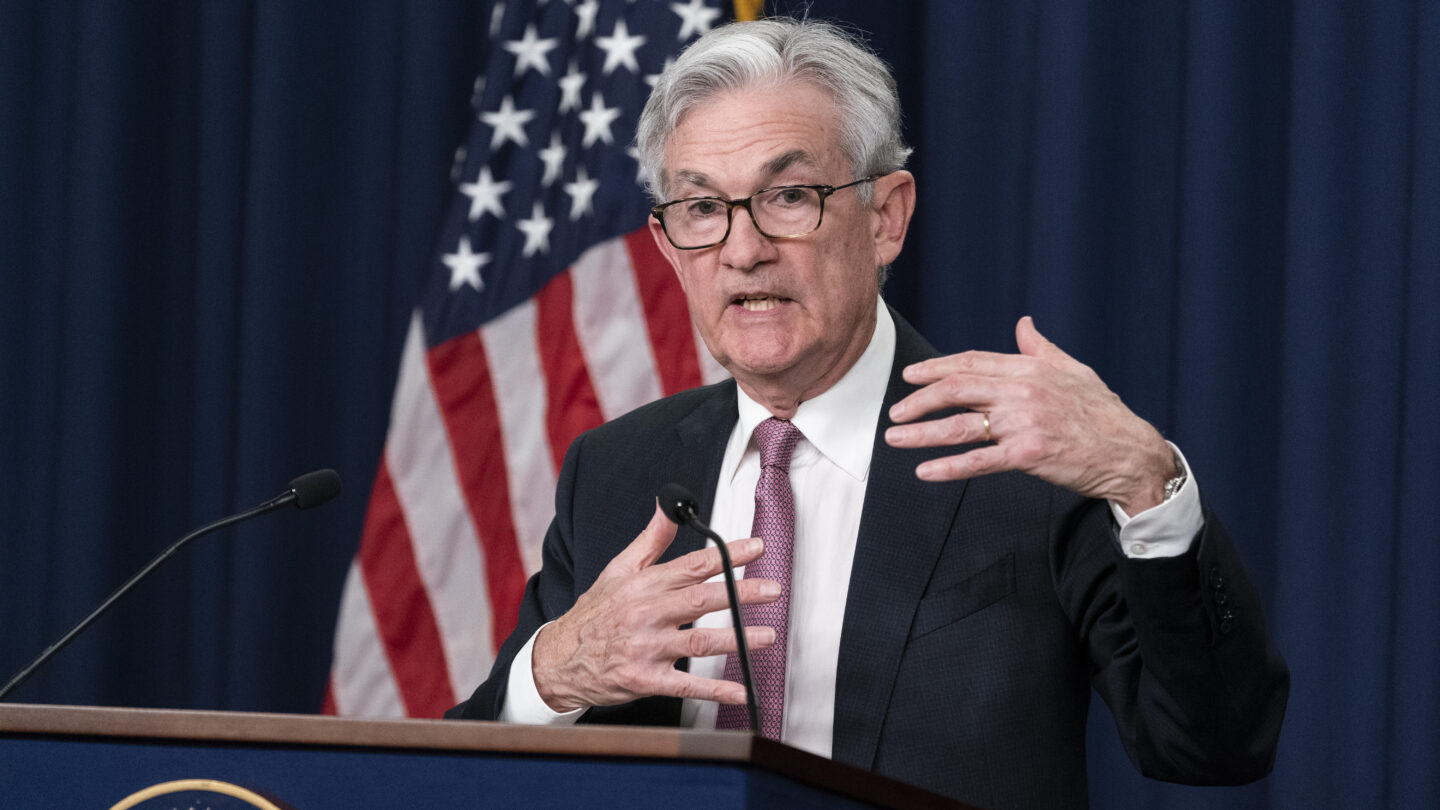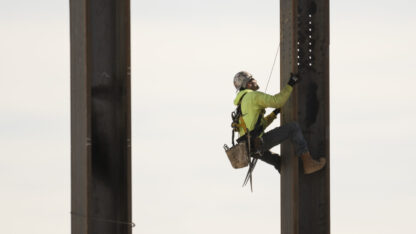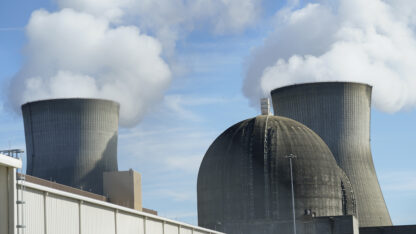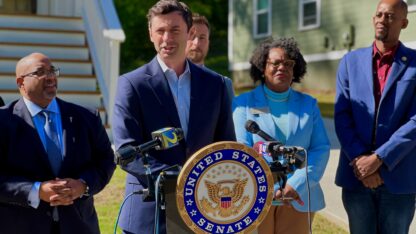The job market is cooling as higher interest rates and a slowing economy take a toll

The U.S. job market is showing signs of softening as rising interest rates and slowing economic growth begin to take their toll on hiring.
Employers added 236,000 jobs in March, according to a report from the Labor Department Friday. That’s down from 326,000 jobs that were added the month before. The unemployment rate dipped to 3.5%, from 3.6% in February.
“The jobs market shifted to a lower gear in March,” said Nela Richardson, chief economist for the payroll processing company ADP.
Despite the slowdown, employers are still adding workers faster than they did in 2019 — the year before the pandemic — when monthly job growth averaged 163,000.
Leisure and hospitality was once again a leading sector for job growth, with 72,000 new jobs, including 50,000 in bars and restaurants. By contrast, retailers shed 15,000 jobs.
“It’s uncomfortable when we see the labor market weaken, but given how vexing inflation has been over the last two years, some softening of the labor market is necessary,” said Sarah House, senior economist at Wells Fargo.
The Federal Reserve has been raising interest rates aggressively in an effort to curb inflation. The Fed is particularly worried about the rising price of services, which is largely driven by rising wages.
Average wages in March were 4.2% higher than a year ago, compared to an annual increase of 4.6% in February.
“From the Fed’s point of view, I think a softer labor market is welcome, if it’s a controlled slowdown,” House said. “They don’t want to see the labor market just really quickly freeze up and start to see significant job losses. But they would like to see hiring slow down, more workers coming back into the labor market, reducing some of that inflationary pressure.”
Hiring is expected to slow further in the coming months, as banks become more cautious about extending credit in the wake of two big bank failures last month.
9(MDAxODM0MDY4MDEyMTY4NDA3MzI3YjkzMw004))








